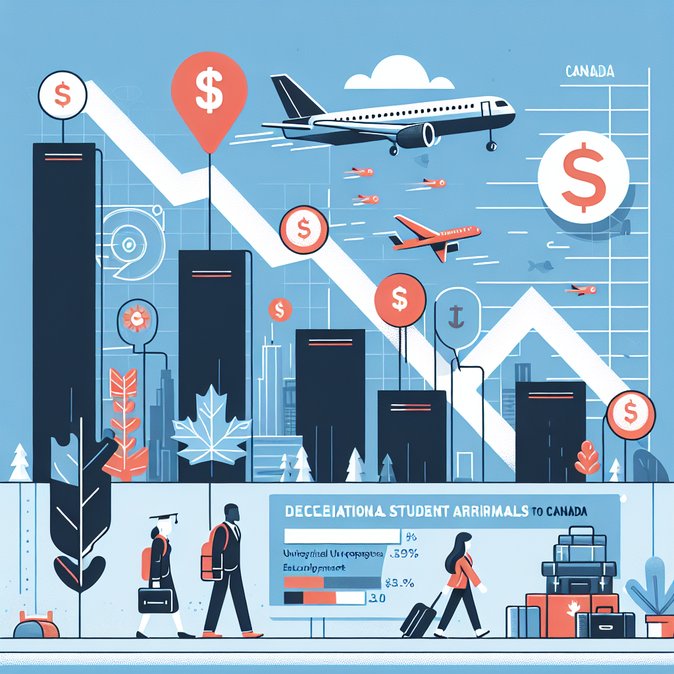
Immigration, Refugees and Citizenship Canada’s (IRCC) latest statistical release, reported on October 23, shows that only 45,380 new study-permit holders entered Canada in August 2025, compared with nearly 80,000 a year earlier. Cumulatively, arrivals between January and August fell almost 60 percent—132,505 fewer students—while temporary foreign-worker entries dropped by 146,395.
The contraction follows successive federal measures: a 10 percent cap on study permits in 2025 after a similar reduction in 2024, mandatory provincial attestation letters to curb fraudulent letters of acceptance, and higher proof-of-funds thresholds. Ottawa argues the clampdown protects housing supply and program integrity, yet universities warn of a multi-billion-dollar revenue hole. Ontario colleges project up to 10,000 job losses if enrolments do not rebound.
For employers, the data signal tighter pipelines for co-op students and post-graduation work-permit holders who historically formed a key talent pool, particularly in STEM and health sectors. Companies relying on student talent should explore alternative streams such as the International Mobility Program or francophone recruitment targets. At the same time, nearly 140,000 former temporary residents transitioned to permanent residence during the same period, underscoring Ottawa’s emphasis on retaining in-Canada talent.
Provincial governments are lobbying for flexibility. British Columbia and Nova Scotia have proposed region-specific caps tied to housing vacancy rates, but IRCC officials indicate that adjustments will wait until the 2026 intake plan. Meanwhile, the federal government is reviewing Post-Graduation Work Permit eligibility and spousal open-work-permit rules, changes that could further shape employer access to recent graduates.
Until caps ease, global-mobility practitioners should reassess campus-hiring strategies, consider earlier offer timelines and collaborate with designated learning institutions to secure attestation letters for critical recruits. They should also monitor forthcoming consultations on international education sustainability slated for December.
The contraction follows successive federal measures: a 10 percent cap on study permits in 2025 after a similar reduction in 2024, mandatory provincial attestation letters to curb fraudulent letters of acceptance, and higher proof-of-funds thresholds. Ottawa argues the clampdown protects housing supply and program integrity, yet universities warn of a multi-billion-dollar revenue hole. Ontario colleges project up to 10,000 job losses if enrolments do not rebound.
For employers, the data signal tighter pipelines for co-op students and post-graduation work-permit holders who historically formed a key talent pool, particularly in STEM and health sectors. Companies relying on student talent should explore alternative streams such as the International Mobility Program or francophone recruitment targets. At the same time, nearly 140,000 former temporary residents transitioned to permanent residence during the same period, underscoring Ottawa’s emphasis on retaining in-Canada talent.
Provincial governments are lobbying for flexibility. British Columbia and Nova Scotia have proposed region-specific caps tied to housing vacancy rates, but IRCC officials indicate that adjustments will wait until the 2026 intake plan. Meanwhile, the federal government is reviewing Post-Graduation Work Permit eligibility and spousal open-work-permit rules, changes that could further shape employer access to recent graduates.
Until caps ease, global-mobility practitioners should reassess campus-hiring strategies, consider earlier offer timelines and collaborate with designated learning institutions to secure attestation letters for critical recruits. They should also monitor forthcoming consultations on international education sustainability slated for December.





